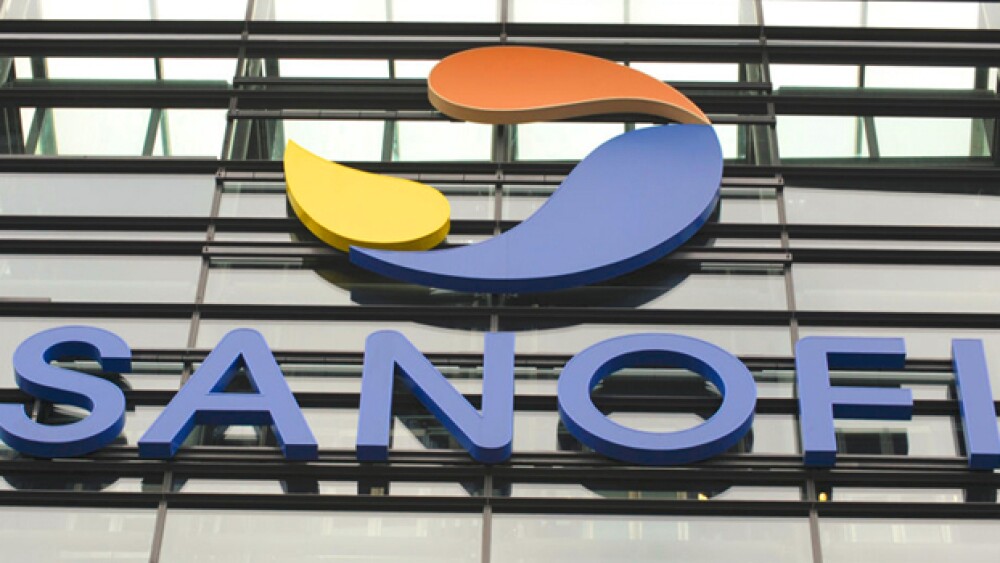As Sanofi grapples with the fallout from its Dengue vaccine, the termination of its late-stage C. diff vaccine and falling short of its third quarter expectations, company investors are getting antsy for some good news.
As Sanofi grapples with the fallout from its Dengue vaccine, the termination of its late-stage C. diff vaccine and falling short of its third quarter expectations, company investors are getting antsy for some good news.
On Wednesday, Sanofi will hold an Innovation Day to discuss its pipeline with investors. The company will likely face questions about its recent setbacks that also included the November decision to terminate development of SAR156597 for the treatment of Idiopathic Pulmonary Fibrosis. SAR156597 is a bispecific monoclonal antibody against interleukin (IL)-4 and IL-13, two molecules that have been implicated as mediators of IPF development.
Investors are looking for the company to do something that will cause share prices to spike, Reuters reported this morning ahead of the Innovation Day. Shares of Sanofi are near a 10-month low, Reuters said. Since the beginning of 2017, shares of Sanofi are down about 4 percent and that’s after an overall decline of 2.2 percent in 2016, Reuters said. Additionally, Reuters said over the past five years Sanofi share prices have “lagged the sector, rising about 3 percent against a 49 percent gain for the STOXX Europe 600 Healthcare index.SXDP.”
An unnamed London-based investor told Reuters that investors have a constant feeling that “Sanofi is one step behind the competition.”
In November, Sanofi missed analysts’ expectations by about 2 percent. The company continues to see its diabetes franchise decline. In the third quarter, diabetes revenue dropped by 10 percent, which the company said reflected lower sales of Lantus in the United States. Sales of Lantus fell about 15 percent in the quarter and Sanofi said sales of glargine fell about 11 percent. That is likely to continue. In its report, Sanofi said it projects an accelerated decline of U.S. diabetes sales in the fourth quarter of 2017. The company’s diabetes platform is losing ground to increased competition from generics, as well as the loss of patents.
Despite the declines in revenue and the failing to meet the expectations of analysts, Sanofi said in November it maintains its guidance for 2017 earnings. That was before the company announced problems with its Dengue vaccine, Dengvaxia. A long-term study showed the Dengvaxia could worsen the effects of the mosquito-borne illness in people who had previously not been exposed to the virus. . Sanofi said the analysis showed more cases of severe disease could occur following vaccination in patients who had not been previously infected by the dengue virus. Earlier this month the government of the Philippines ordered an investigation into Sanofi following immunization of more than 730,000 children. As a result of the long-term data, Sanofi said it anticipates a nearly $120 million financial hit in the fourth quarter.
Sanofi will go into the Innovation Day with some good news. Today, the U.S. Food and Drug Administration approved Admelog, the first follow-on insulin lispro to help people living with diabetes manage blood sugar levels at mealtime.
What some investors told Reuters is they are hoping to see Sanofi flex its M&A muscle and see growth through acquisition.
“Once you see that your pipeline is not paying off, you cannot be naive, you must engage in M&A, Rudi Van Den Eynde, of asset management firm Candriam told Reuters. “Hiding behind the fact that targets are expensive is not doing it. In the modern world, no interesting firm will be available at low valuations.”
Shares of Sanofi are trading at $43.88 as of 9:54 a.m.





